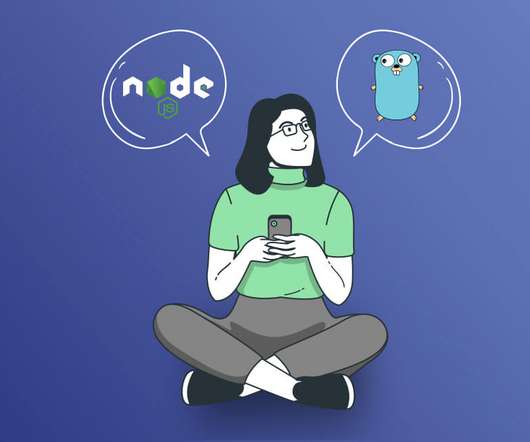Best Free and Open-Source Database Software
G2 Crowd Software
DECEMBER 5, 2017
Free and open-source database tools are typically more appealing to the everyday small business and app creator, so we’ve outlined some of the best ones, according to user reviews on G2 Crowd. Oracle released the first fully functional one in 1979, but today there are hundreds of proprietary and open-source options available.
























Let's personalize your content